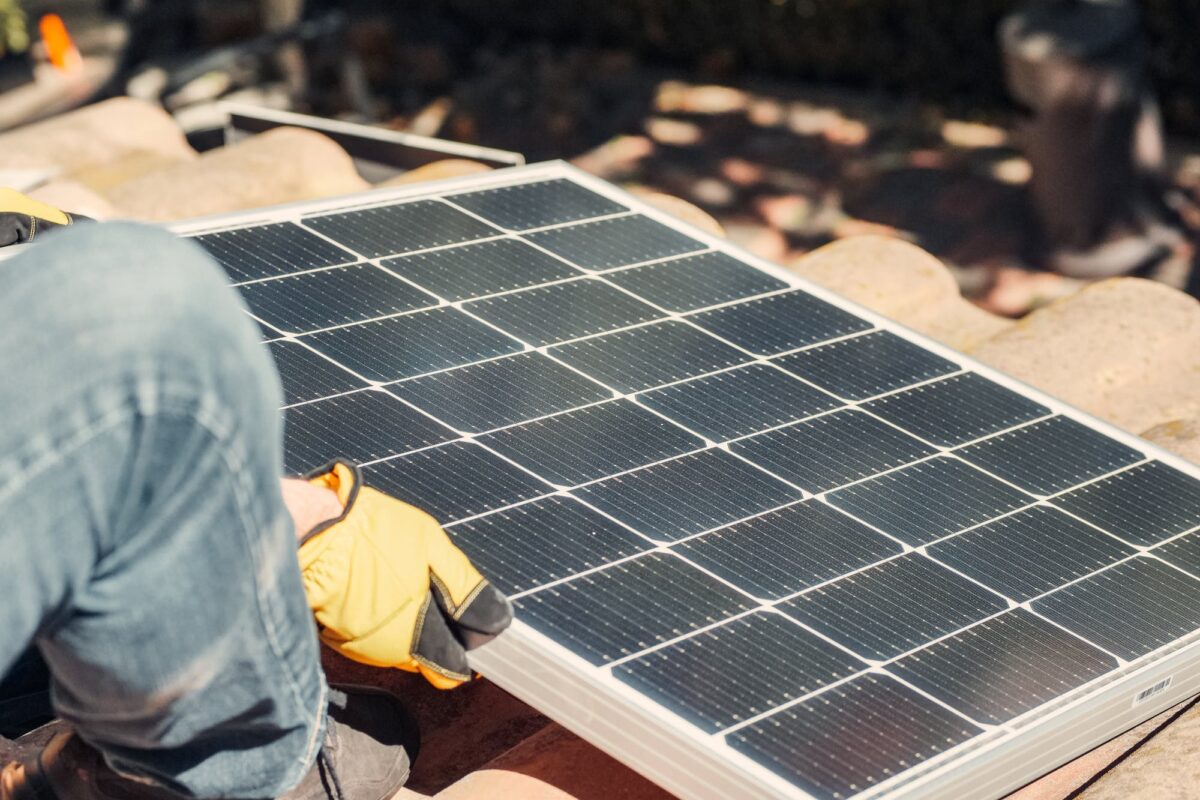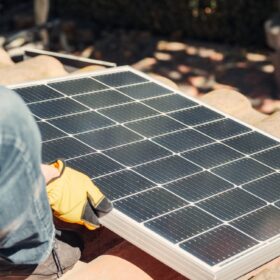Certain topics just lend themselves to conversation. Whether it’s new legislation, unique hardware or questionable utility tactics, five articles stood out this year for getting people up and talking about the issues that matter to them.
Here are the most discussion-driven articles of 2019.
Damaged but not dead: proposed 500 MW farm in Spotsylvania takes a hit: Spotsylvania, VA. County officials in January issued a ruling recommending denial to two of sPower’s three special-use permit applications on a 500 MW proposed solar farm in the county. Commenters include Spotsylvania residents who were present at the meeting where the permits were denied.
South Carolina city kills residential solar because math is hard: The city of Georgetown, S.C. instituted a $50 monthly “accounting charge” on all residential solar customers because the city’s accounting software was unable to account for crediting energy being sent back to the grid, rather than charging for energy used. The city had to resort to humans doing the accounting by hand.
San Diego Gas and Electric looks to quadruple customers’ minimum monthly bill: Using the argument that distributed solar customers represent a “cost shift” to other utility customers, San Diego Gas & Electric submitted a proposal to raise the monthly minimum utility charge from $10 to $38. Comments include anecdotes of other utilities using similar tactics.
Los Angeles seeks record setting solar power price under 2¢/kWh: Here, John Weaver dove into The Los Angeles Department of Water and Power Board of Commissioners reviewing a 25-year power purchase agreement for 400 MWac of solar power at 1.997¢/kWh and 200 MW/800 MWh of energy storage at a 1.3¢/kWh adder. Much of the discussion on this piece was centered in disbelief at the low prices.
This one weird trick gets 4 percent more from solar panels: After receiving significant funding, MoreSun began full-scale commercial deployment of its proprietary solar module film, which projects a 3.4-4.7% increase in electricity generation on utility scale projects after application. People liked the tech so much, they wanted to know if they could put it on their home installation.
This content is protected by copyright and may not be reused. If you want to cooperate with us and would like to reuse some of our content, please contact: editors@pv-magazine.com.







By submitting this form you agree to pv magazine using your data for the purposes of publishing your comment.
Your personal data will only be disclosed or otherwise transmitted to third parties for the purposes of spam filtering or if this is necessary for technical maintenance of the website. Any other transfer to third parties will not take place unless this is justified on the basis of applicable data protection regulations or if pv magazine is legally obliged to do so.
You may revoke this consent at any time with effect for the future, in which case your personal data will be deleted immediately. Otherwise, your data will be deleted if pv magazine has processed your request or the purpose of data storage is fulfilled.
Further information on data privacy can be found in our Data Protection Policy.